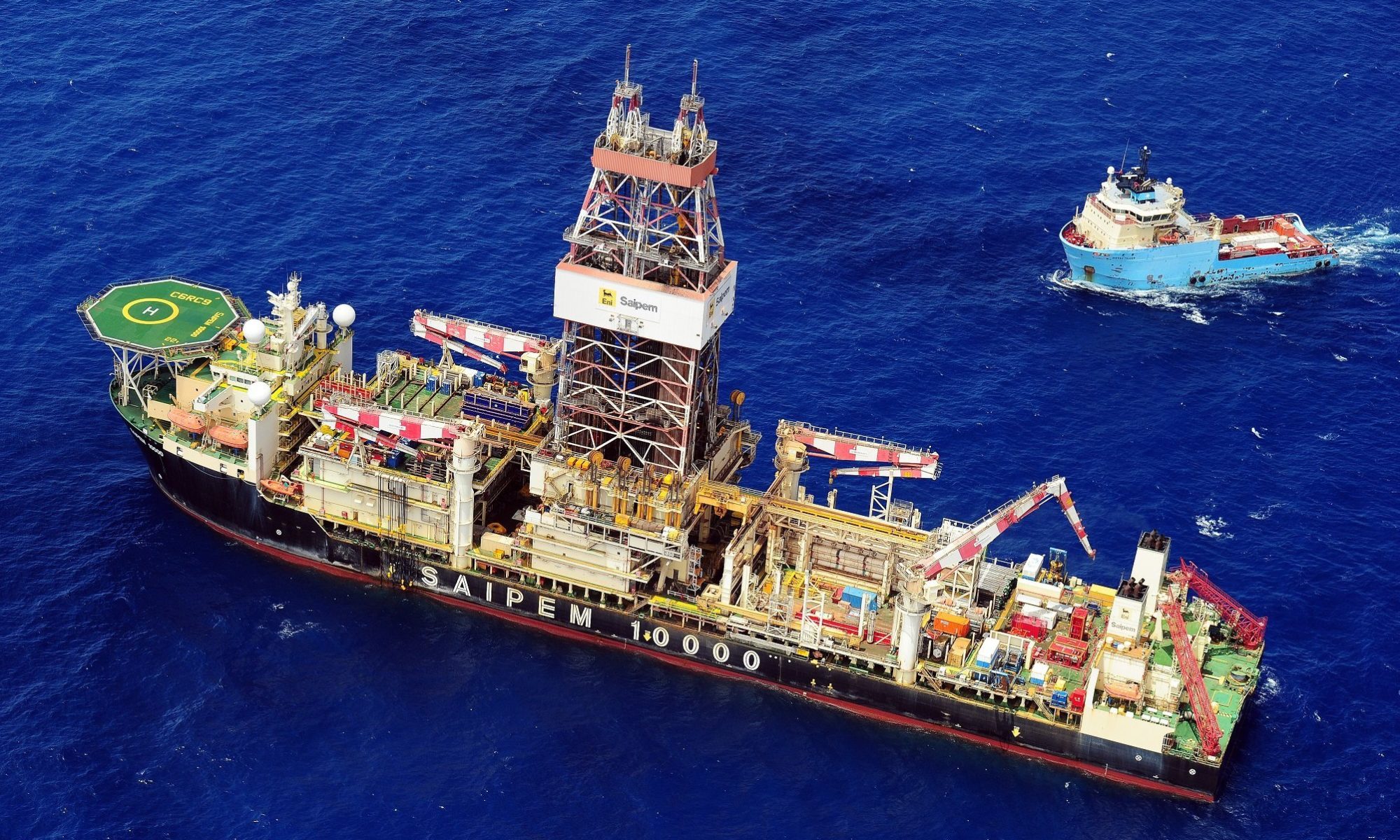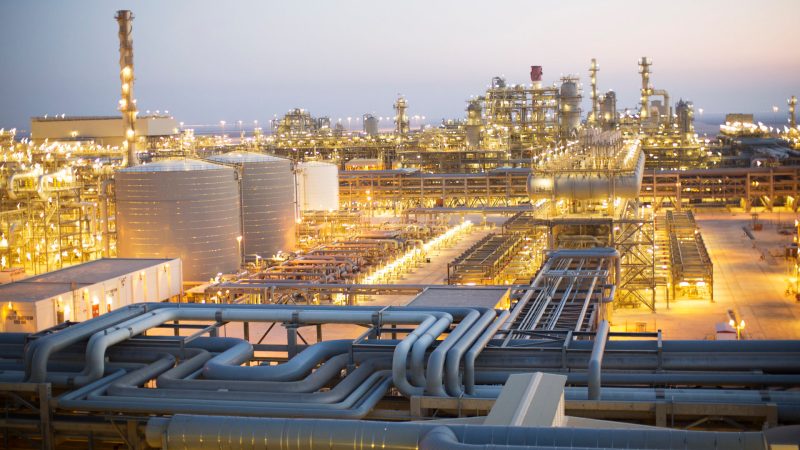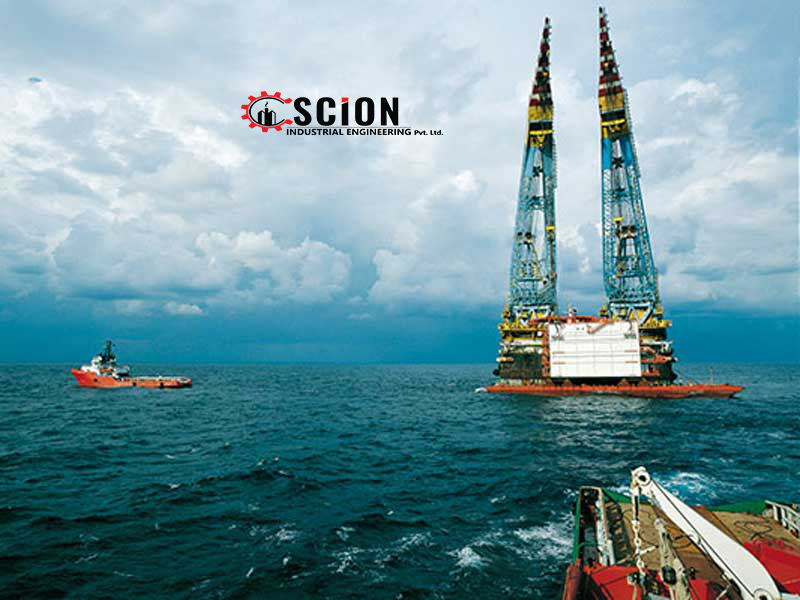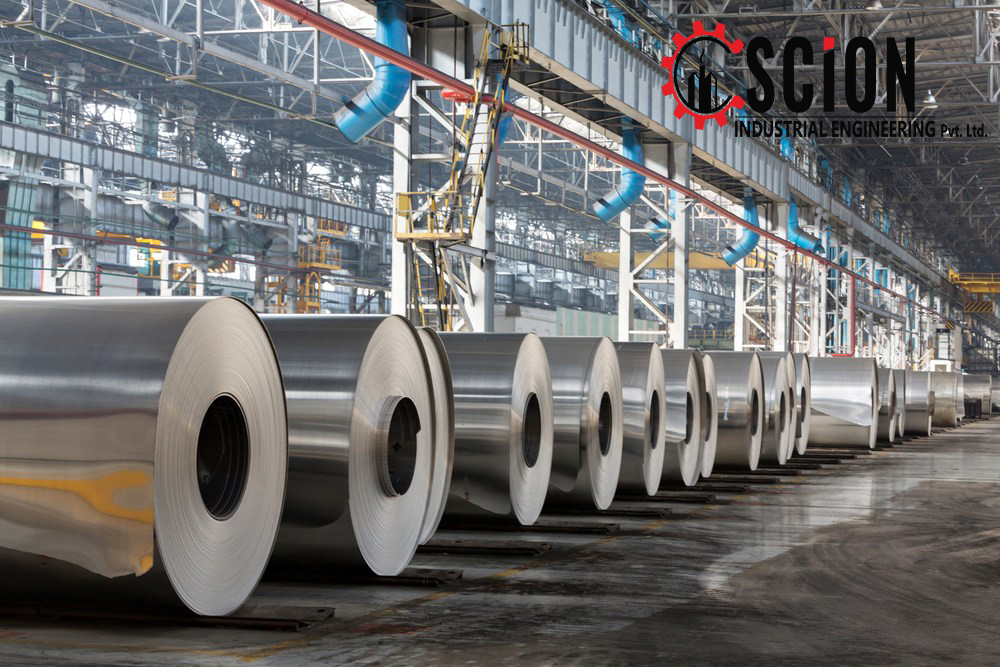The Kingdom of Bahrain enacted a new bankruptcy law in December 2018, sweeping away its previous legislation and replacing it with a thoroughly modern toolkit. The law is a revolutionary improvement compared to what existed before, said lawyers polled by Debtwire.
The financial crisis of a decade ago pushed various GCC countries to reconsider their insolvency and bankruptcy regimes, as existing laws failed to adequately govern and encourage modern restructuring practices. One by one, authorities started renewing their laws, including Saudi Arabia and Dubai.
With the push toward establishing a digital economy and the desire to attract large scale private sector investment, there was a need to decriminalise failure – providing new businesses, startups and entrepreneurs breathing space to innovate and allowing creative industries to flourish in the region, according to Buthaina Amin, director at the Bahrain Economic Development Board.
Alongside hopes of establishing a regional FinTech hub, efforts to secure an upgrade of Bahrain’s credit ratings also spurred the change, said Natalia Kumar and Siddharth Goud, lawyers at the Bahrain-based law firm Al Tamimi & Co.
The new law was praised for its modernism by all the sources polled, who commended its similarities to Chapter 11 of the US Bankruptcy Code and compliance with UNCITRAL Model Law. The law encourages debt restructuring in favour of liquidation and does not prevent debtors continuing in the ordinary course of business while going through a court-supervised restructuring process.
The new law utilises restructuring concepts such as a moratorium on enforcement proceedings, the ability to sell assets out of the bankrupt estate free from security, obtaining financing on super-priority terms and implementation of a reorganisation plan, noted Nick Green, partner at Trowers & Hamlins.
These are ‘debtor-friendly’ tools and are familiar to, and popular with, international companies and investors. They follow, to a large extent, the Chapter 11 proceedings in the US, he said.
Banks out of scope
The new law is applicable to any commercial company not licensed by the Central Bank of Bahrain (CBB), noted Kumar and Goud. CBB-licensed companies, such as banks, fall instead under the scope of the CBB and Financial Institutions Law of 2006.
“Those provisions [for CBB-licensed companies] now look out of date and it would be good to see a harmonised insolvency regime across all Bahraini entities under the new law, with additional restrictions and obligations on CBB-licensees as deemed necessary,” said Green.
The law is also applicable to ‘natural person traders’ who do business and have their head office in Bahrain, as defined under Bahrain’s Law of Commerce, noted Kumar and Goud.
There is no law in Bahrain that specifically deals with personal bankruptcy. Therefore, the provisions of the new law shall not apply to individuals, Kumar and Goud continued. The new law is also not applicable to financial derivative contracts under the Netting Regulations of Bahrain, which was a grey area before enactment, they said.
New system
The new law foresees two main proceedings for a struggling company: restructuring or liquidation. The scope of any restructuring proceeding can be extended to debtors’ assets located outside Bahrain, as well as those domestically located. Concepts such as an insolvency trustee and a moratorium – initially for a 120-day period – are included.
On first reading, the law may seem to offer generous concessions to insolvent debtors, at the expense of the creditors and other interested parties, said Green.
Article 11 generally empowers the court to sanction continued operation of the debtor’s business transactions after the debtor has petitioned the court, while Article 51 empowers the court to impose a multi-faceted moratorium which keeps the creditors at bay while the debtor’s business is continued as usual, added Green. Unlike US Chapter 11 proceedings, however, this moratorium is not automatic.
However, it is easy to argue that the new law also benefits creditors, by preserving the value of a debtor’s assets, Green continued. By including rehabilitation procedures for the institution or individual concerned, the law maximises creditor recoveries, he said.
Under the new law, an entity does not have to wait until it actually ceases to pay its debts for it to be become insolvent or to commence insolvency proceedings, said Green.
“The mere likelihood of an entity failing to do so is sufficient, and we can see how that might be particularly attractive to a debtor and is intended as part of a mature rescue culture,” he added.
However, the court has wide-ranging powers to scrutinise any application for bankruptcy protection and can impose various penalties when an application is believed to be simply an attempt to gain undue advantage over creditors, Green added.
Enforcement of foreign judgments
The law introduces a cross-border insolvency mechanism. The adoption of UNCITRAL Model Law for the enforcement of foreign judgments in Bahrain, while positive, is still untested, noted David Billington, partner at Cleary Gottlieb Steen & Hamilton LLP.
There is also the priority system which allows for a fair, transparent, and comprehensive framework when dealing with priority of claims, noted Amin. Representatives and creditors of foreign bankruptcy proceedings have a right of access to the courts and the right to seek relief, he added.
A foreign judgment or award would be enforced in Bahrain through the execution courts after an application is filed to recover the secured debt or enforce a judgment, said Kumar and Goud.
There are, however, certain criteria, with a reciprocal treaty between countries required, they said, adding that Bahrain is a signatory to the 1958 New York Convention under which the Bahraini Courts will be entitled to refuse to enforce a foreign arbitration award only on certain narrowly defined grounds.
The new law in Bahrain, by contrast to the newly enacted bankruptcy law of Saudi Arabia, benefits from its simplicity of choice and ultra-modern approach, noted Green. There are a number of different procedures available under the Saudi law – for example, the financial reorganisation procedure, the preventative composition procedure, the administrative liquidation procedure and the liquidation procedure – and the approach taken in each of these cases differs from each other.
Room for improvement
One possible development in the future will be the incorporation of a timeline within the law for lenders to foresee how long the procedures will take, said Kumar and Goud.
Another improvement would be to make the moratorium automatic on application, as is the case under US Chapter 11, rather than subject to a court decision, according to Green. The increased workload for the non-specialised courts in Bahrain and related infrastructure may also pose challenges, he said.
“There is no doubt that the creation of a specialised institution to support the courts and the public prosecutor’s office in, for example, monitoring the parties’ compliance with disclosure requirements and other obligations would, significantly improve the practical implementation of the law,” said Green.
Time will tell
In Bahrain, court judgments are not published apart from in the Court of Cassation, so the decisions are not publicly available like in the United Kingdom, noted Kumar and Goud.
For this reason, the market must get comfortable with procedures through experience. There has been one well-known instance, Garmco, where an application has been made under the new law, Kumar and Goud added.
Broadly speaking, unofficial out-of-court restructurings were much more widely used prior to the implementation of the new law, given the punitive nature of the previous statute, said Green.
This meant unofficial agreement with creditors, quite often lending institutions, without any real transparency for any other creditors involved. However, given the radical overhaul, taking in best practice from modern insolvency procedures, many more debtors may apply, he added.
“It will be a slow-burn process, people need to be encouraged and need to see the companies go through the process, steering the wheel,” noted Billington.
The legal toolkit is very sophisticated, but requires various other elements to work in practice, said Billington. This includes experienced bankruptcy judges and a deep DIP financing market, which will only come with time.
Bahrain is in the early stages of developing these things, but changing the legislation in a culture where bankruptcy has historically had significant stigma attached to it – and could even be a crime – to introducing rehabilitation proceedings is a big step, he said.
Source:https://bahrainedb.com/latest-news/bahrains-bankruptcy-law-one-year-on-an-untested-revolution/








